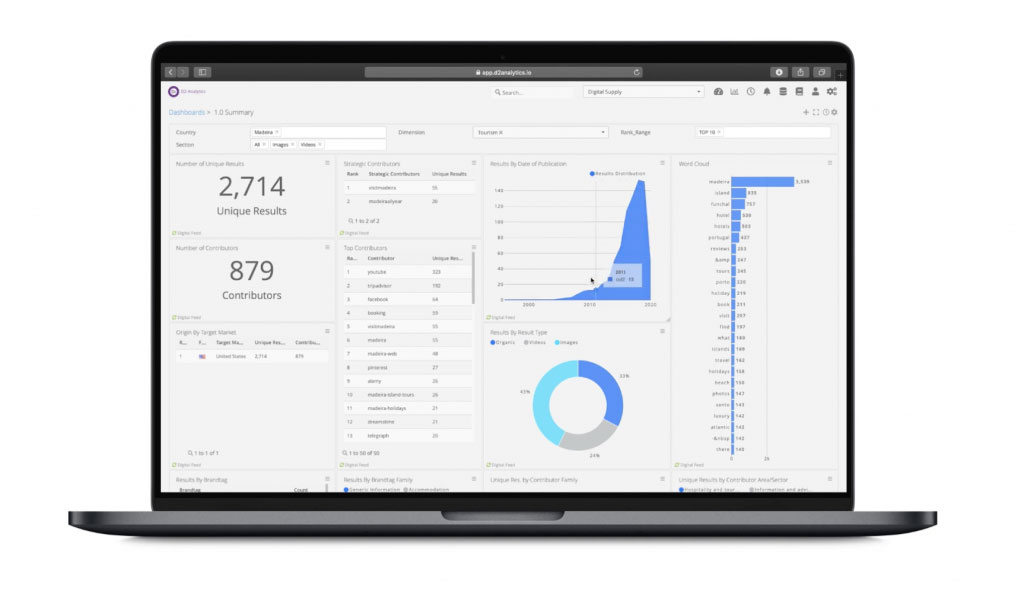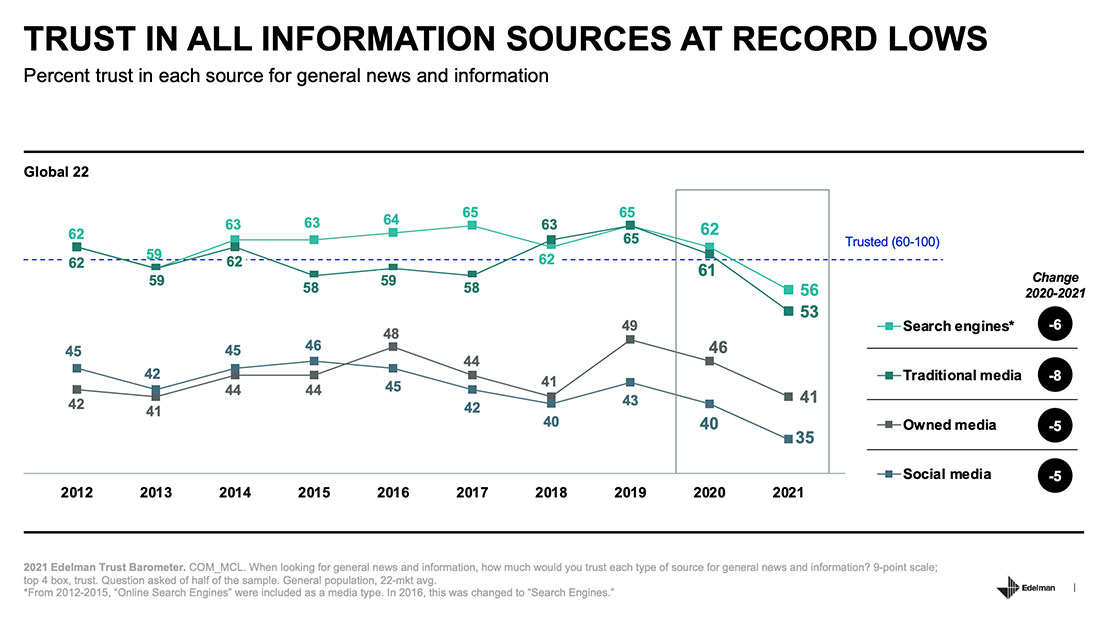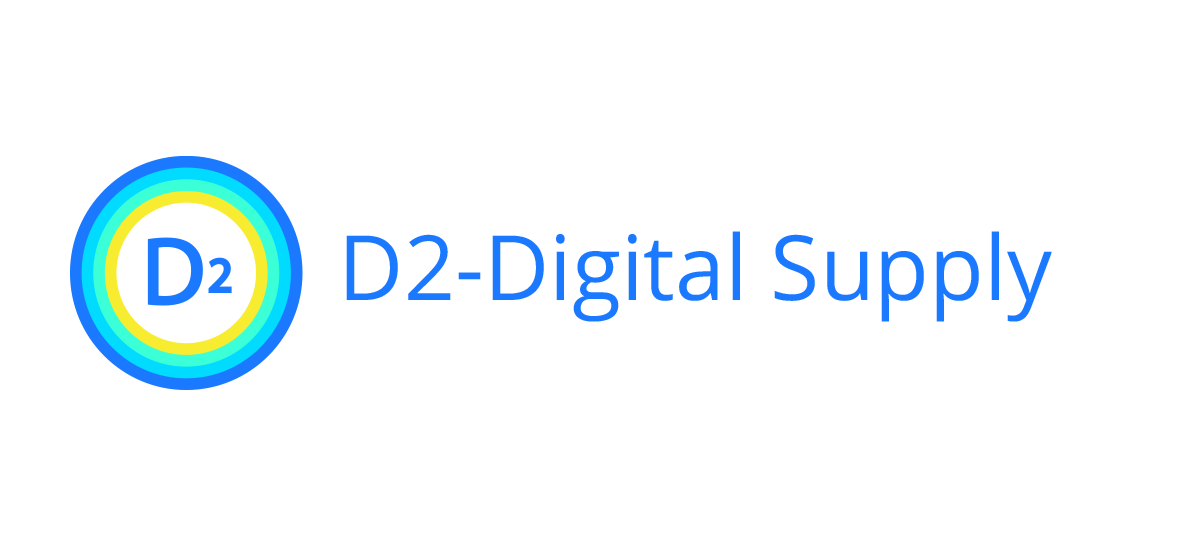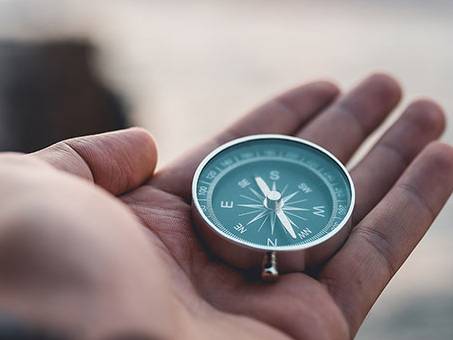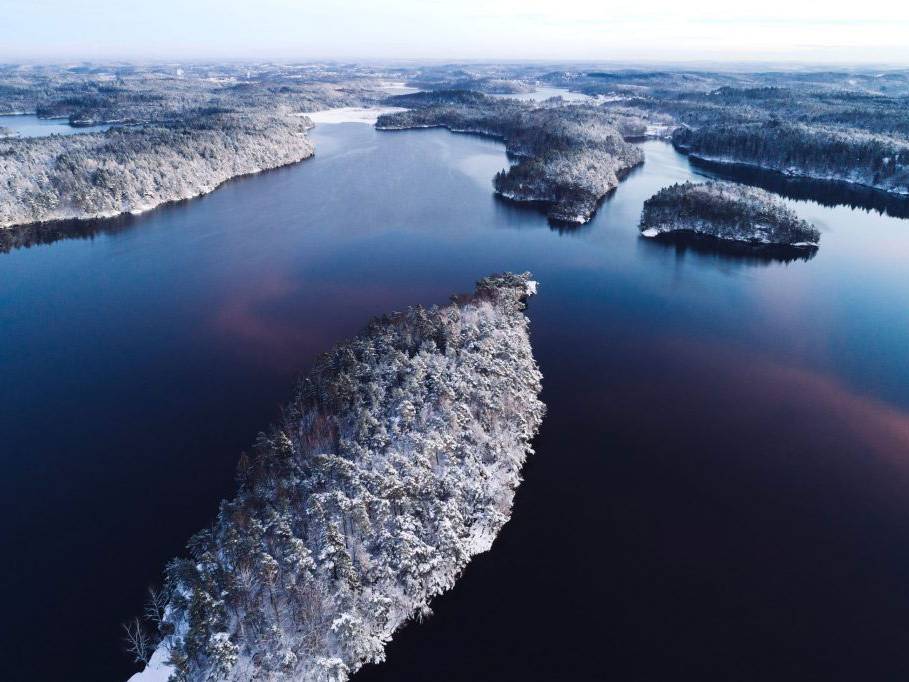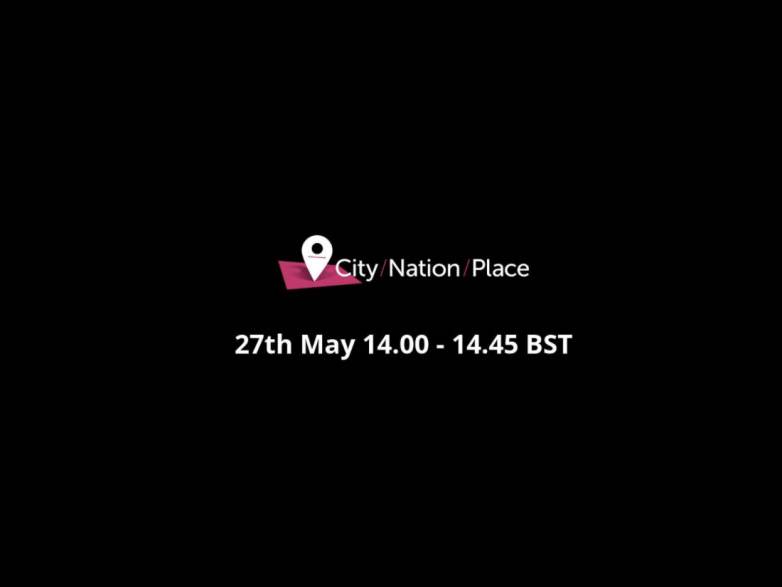The role of Country, Region, and City digital identity in times of global crisis
Let’s put it simply! Depending on all available information found online, investors, travellers, students, workers, and businesspeople will decide whether to invest, study, work or travel to your country, region, or city. Therefore, there is no doubt that the digital identity of destinations plays a massive role in today’s world.
We can divide all available information about your place brand on search engines into two categories: (1) official sources – where you and your team create the content, and (2) other people (contributor) created content. You might think that you cannot control it all. That is true, but we know that it is worth monitoring and polishing the digital identity of your destination! Let’s see why and how.
World Wide Web development importance in destination marketing.
The way we receive and consume information has changed dramatically during the last few decades, as the internet makes us more connected than ever. There are currently 3.97 billion internet users worldwide, half of the world’s population. Although internet access can differ significantly depending on the region, most economically active people are online. 
The Internet has broadened the market in advanced economies as over 80% of the population has internet access. For destinations to reach and attract people from all around the world, it’s relatively cheaper and simpler than ever before. But it also requires new knowledge and strategies to compete in this new digital identity race.
On the other side, World Bank data shows that only around 35% of the population has internet access in developing countries. But being a developing country with a low rate of domestic internet access doesn’t mean that you shouldn’t care about your digital identity. Building and sharing the correct information online may attract wealthy people who want to travel, invest, or live in your destination. For example, the Wiki Africa Education team inspired and taught young people to edit and add information on Wikipedia. There is very little accurate information about Africa. Moreover, there is more information on France than on the entire African continent. It was an opportunity for the African nation to highlight and show the natural beauty of their land by adding information online about Africa’s tourism, economics, education, languages, etc.
Wikipedia’s significance is, by the way, frequently overlooked. According to Similar Web data, Wikipedia is the 8th most visited website worldwide.
D2 – Analytics research software D2 – Digital Supply © data shows that Wikipedia is one of the leading content creators about countries, regions, and cities. D2 - Digital Supply © also implies that there are a lot more content contributors than destinations usually know, besides the large media outlets and social media platforms.
Pandemic-induced changes in the internet user behaviour.
The recent pandemic has increased our reliance on online information sources. Well, did you know that thanks to the pandemics in 2020, Google search traffic surged by 22% compared to 2019? It is not a surprise, as people were obligated to stay at home, many lost or changed their jobs, started to work remotely, etc. Accordingly, people spent more time on devices and eventually searched more on Google and other search engines. Some searched for information on pandemic-related topics. Others tried to find information on different services, like food delivery and online courses, but some delved into the magic of planning their next adventure abroad.
This global pandemic crisis is an excellent time for destinations to focus on improving their digital identities. Let’s look at some recent studies that prove the importance of it:
- As Tripadvisor predicted, in 2021, the joy of planning will be stronger than ever. Three-quarters of tourists polled by Tripadvisor say they’ll spend more time choosing a destination, two-thirds (66%) say they’ll spend more time reading reviews, 72% will spend more time choosing their lodging, and 70% say they’ll spend more time looking for things to do.
- According to Google data, travellers do plan their trips and do their research on destinations. In one case study, a participant conducted 534 Google searches and examined 1400 photos (including Google Street View, Maps, and other image views). Besides, people search for travel-related information on search engines at different stages like inspirational, planning, and on-site searches.
- In Pew Research, 46% of respondents say that they rely on digital resources when they do their research to make significant life decisions (travelling, moving abroad, studying abroad, deciding where to invest, etc.). Moreover, many people count on other people’s online reviews, reading different people’s experiences.
Which media sources do people trust the most?
The Edelman Trust Barometer 2021 reveals people have dramatically lost their trust in different information sources. Nevertheless, search engines are still the most trusted source of information compared to traditional media, owned media, and social media. As you can see in the graph, traditional media have experienced the most dramatic drop in trust. That is another good angle to look at when deciding which sources of information should be given the most attention when developing your digital content strategy. Don’t be blinded by social media blaze. It’s a great source, but don’t forget to pay attention to the search engine results that people rely on much more.
Who is managing the Digital Identity of your Country, Region, or City?
Your destination’s digital identity consists of everything you can find about it online: articles, images, videos, organic and paid content, info in maps, reviews, discussion groups, etc. Furthermore, as mentioned above, the digital identity of a destination does not consist only of “self-created content” but also content created and posted by other people. It all sums up. BUT, while anyone can contribute to the digital identity of your country, region, or city, you are the one who can improve it!
There are numerous reasons to look after your destination’s digital identity and stay informed about what consumers find on the first pages of Google search results. Still, the main reason is – it will allow you to attract more tourists, investors, talent, promote export, and improve the general reputation of a place brand.
How to build and maintain a strong digital identity of a place:
Step 1: Rethink or develop a digital strategy.
What are the things you want to be known for (locations, attractions, services, etc.)?Which are the best online media sources to promote it? What’s already included in your current strategy, what should be changed and why? Make sure you have significant and reliable research data to rely on in this process. “I feel” and, “I think” are rarely a good idea.
Step 2: Monitor your current digital identity.
Understand what you are known for? Which topics your target audience is the most interested in? Do you have enough digital content that covers these top themes? Examine whether it’s in line with your digital strategy. If not, change your plan.
Step 3: Identify who is creating your digital content = digital identity.
Identify who is writing digital content about your destination and about which topics. Is that information corrects and up to date? Do your contributors have access to good- quality images, graphs, and basic info about your destination?
Step 4: Analyse what you should do to align your strategic goals with reality.
Understand what steps should you take to improve your digital identity. For example, you can contact your top content contributors to update articles that are no longer up to date or have low-quality images; you can develop or update an image/graph/info bank and send access to the most important content contributors; you can establish new partnerships or do some joint projects (FAM trips, paid visits, presentation calls, conference or event invitations etc.) with those contributors that people find the most on search engines.
Step 5: Start doing!
Do not wait for the inspiration, the right moment, the perfect agreement, the right agency. Figure out some daily digital identity improvement habits for you and your team and go brick by brick, but regularly. All the small actions will sum up and give you outstanding results in the future.
Step 6: Measure your digital identity repeatedly.
The digital environment is undoubtedly evolving and changing rapidly. As a result, maintaining the digital identity of your place brand is a constant task. You must plan to revise and repeat all the previous steps regularly. We are confident that the digital brand of your country, region, or city will improve as a result of this.
Although most industries are facing challenges as a result of the global health crisis, there are still many opportunities… Even faster digitalization makes it possible to reach an ever-widening audience. By improving your place brand digital identity, you have a chance to stay ahead of your competitors and win the battle for more tourists, investment, talent, exports, and a better reputation.
D2 – Analytics search engine listening tool D2 – Digital Supply © can analyse any country, region, or city digital identity on search engines! Let us know if you’re interested in scheduling a call and seeing the software presentation: hello@d2analytics.io or +371 62102353.
Other D2 - Analytics news and stories, you might be interested in:
April 25, 2021
Introducing NEW tool: D2 – Crisis Mode
April 8, 2021
D2 – Digital Demand ©, results may surprise you
January 4, 2021
Who’s managing the Digital Identity of nations and places?
May 27, 2020
New studies: Covid-19 impact on destinations
December 15, 2019
NEW product: D2 – Digital Supply software
September 23, 2017
New: D2 – Live Quanti software
March 12, 2015

